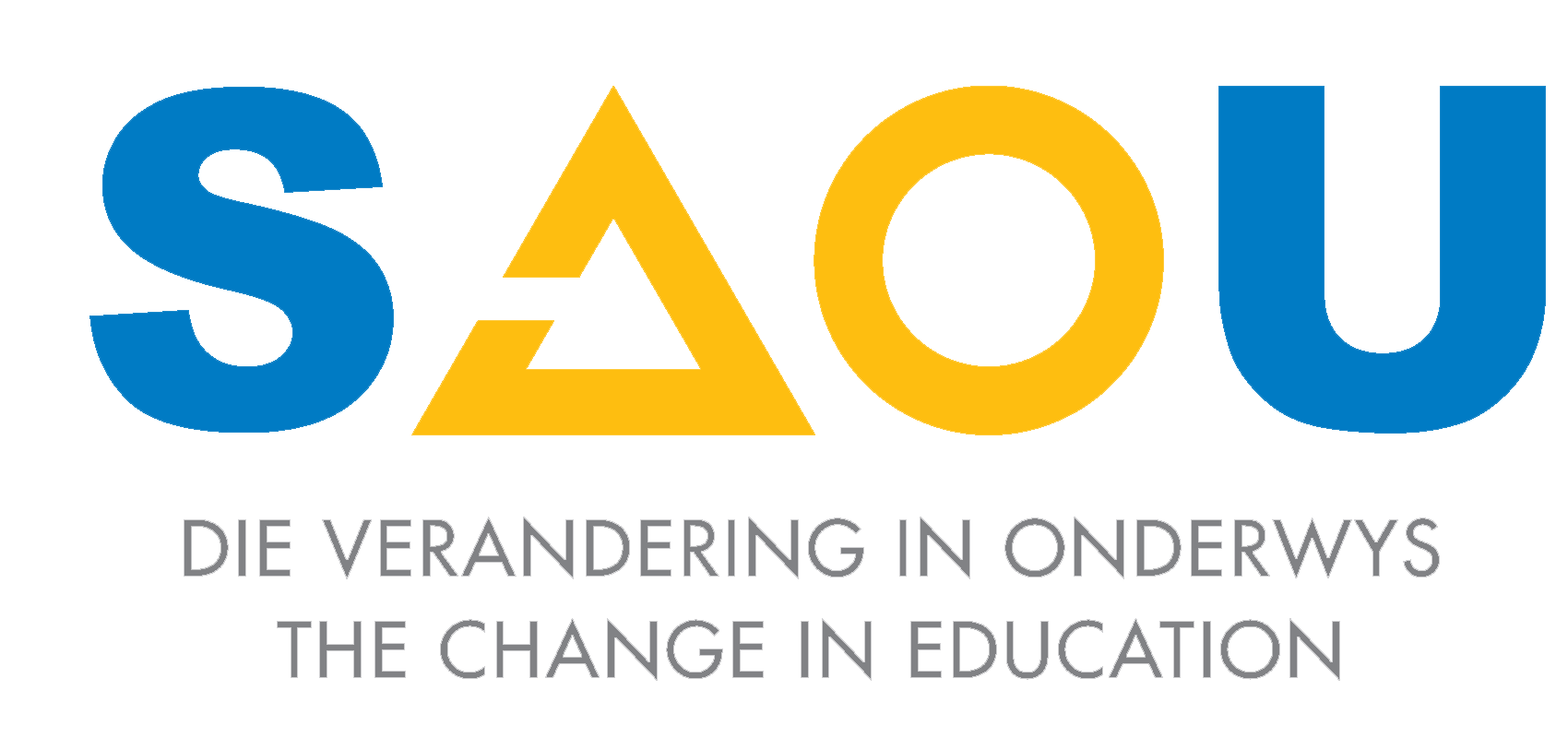
NN 17/2024
WAAR STAAN ONS MET BELA?
Op 2 Mei 2024 het die Gekose Komitee (Onderwys en Tegnologie, Kultuur en Sport) van die Nasionale Raad van Provinsies (NRvP) die BELA-wetsontwerp, weergawe [B2D –2022] na die NRvP vir finale goedkeuring aanbeveel.
Wat was die aanloop?
Die eerste weergawe van die BELA-wetsontwerp, [B2A–2022] is in November 2022 gesirkuleer. Die huidige weergawe is die vierde weergawe [B2D–2022] sedert die BELA-wetsontwerp ter tafel gelê is vir kommentaar en om deur die verskillende prosesse te gaan. Dit is slegs ʼn voor-finale weergawe en moet nog finaal aanvaar word.
Wat is die proses vorentoe?
Die BELA-wetsontwerp, weergawe [B2D–2022] moet nou voor die NRvP dien. Die sitting van die NRvP waarop hierdie besluit geneem gaan word, is geskeduleer vir 9 of 16 Mei 2024. Indien die NRvP weergawe [B2D–2022] goedkeur, moet die wetsontwerp na die Nasionale Vergadering (NV) terugverwys word. Die rede hiervoor is dat daar substantiewe veranderinge aangebring is aan die eerste weergawe [B2A-2022] wat nou in sy vierde weergawe [B2D-2022] is.
Indien die NV dan die wetsontwerp goedkeur, sal dit na die Staatspresident verwys word vir ondertekening.
Is daar nog genoeg tyd vir die wetsontwerp om wet te word gedurende die termyn van die Sesde Administrasie?
Vir die BELA-wetsontwerp om wet te word, sal die Staatspresident die Wetsontwerp voor 29 Mei 2024 moet onderteken. Indien dit nie afgehandel is nie, sal die nuwe administrasie die proses vorentoe bepaal. Die huidige administrasie is onder druk om die wetsontwerp te finaliseer voordat die ampstermyn op 29 Mei 2024 verstryk.
Wat is die SAOU se posisie?
Wat die huidige weergawe [B2D-2022] betref, is die SAOU se regspan van mening dat daar nie voldoende grondwetlike gronde is vir litigasie om die implementering daarvan teë te staan nie. Die jongste weergawe weerspieël die behoud van die huidige openbare skoolmodel wat die regte van die SBL’e erken, veral ten opsigte van toelatingsbeleid (artikel 5) en taalbeleid (artikel 6).
Die formulering van toelatings- en taalbeleid sal dus steeds binne die bevoegdheidsraamwerk van ʼn SBL val.
Onderwysdepartemente sal dit moeilik vind om in te meng aangesien die wetsontwerp streng prosesse voorskryf wat deur onderwysdepartemente gevolg moet word, sou daar enige inbreuk op die besluit van die SBL wees.
Indien die finale wetgewing egter negatief van weergawe [B2D-2022] afwyk, sal die SAOU sy standpunt oor litigasie heroorweeg, soos deur ons regspan aanbeveel.
Wat sê die huidige weergawe van artikel 5 rakende toelatingsbeleid?
Die SBL bepaal die toelatingsbeleid van ‘n skool binne die raamwerk van die Grondwet en relevante wetgewing.
Moet die toelatingsbeleid ingedien word vir goedkeuring?
Nee. Die SBL is nie verplig om die beleid binne gegewe tydsraamwerk vir goedkeuring in te handig nie, maar dit moet elke drie jaar hersien word of soos omstandighede verander of wanneer dit deur die Hoof van Onderwys versoek word.
Wat sê die huidige weergawe oor artikel 6 wat oor taalbeleid handel?
Die SBL bepaal die taalbeleid nadat sekere grondwetlike- en ander omgewingsfaktore in ag geneem is. Die SBL is nie verplig om die beleid vir goedkeuring binne sekere tydraamwerke in te dien nie, maar moet dit elke drie jaar hersien of soos omstandighede verander of wanneer deur die Hoof van Onderwys versoek word.
Mag die Hoof van Onderwys eensydig ‘n skool opdrag gee om sy taalbeleid te verander?
Nee. Die Hoof van Onderwys moet, onder meer, die skool se taalbeleid, die beste belang van die kind, die taalprofiel van die skool, die taalprofiel van die gemeenskap asook die kapasiteit en beskikbare hulpbronne in ag neem om so 'n verandering teweeg te bring.
Is daar ‘n proses wat gevolg moet word wanneer die Hoof van Onderwys dit oorweeg om meer as een onderrigtaal by ‘n openbare skool te implementeer?
Ja, daar is ‘n reeks prosesse wat uiteengesit is waaraan voldoen moet word voordat die Hoof van Onderwys kan aankondig dat meer as een onderrigtaal by ʼn openbare skool geïmplementeer moet word. Dit is bevestig deur die uitsprake wat die Grondwethof in die Rivonia- en Ermelo-sake gelewer het.
Wat kan die SBL doen as hulle nie saamstem met die uitkoms wat voortspruit uit die besluit van die Hoof van Onderwys ten opsigte van die taalbeleid nie?
Die SBL het die reg om binne 14 dae na die uitslag by die LUR te appélleer.
Was openbare deelname suksesvol?
As erkende belanghebbende binne die Openbare Onderwyssektor was die rol wat die SAOU in openbare deelname gespeel het, van kardinale belang om die owerhede te oorreed om die ongebreidelde mag van die staat in te perk en die beginsel te handhaaf dat openbare skole in die skoolsektor behou word, en dat betekenisvolle bestuursverantwoordelikhede in die hande van Skoolbeheerliggame bly.
WHERE DO WE STAND WITH BELA?
On 2 May 2024, the Select Committee (Education, and Technology, Culture and Sport) of the National Council of Provinces (NCoP) recommended the BELA Bill, version numbered [B2D–2022] to the NCoP for final approval.
What was the run-up?
The first version of the Bela Bill, (B2A–2022] was circulated in November 2022. The current version is the fourth version [B2D–2022] since the BELA Bill was tabled for comment and to go through the various processes. This is only a pre-final version and has yet to be finally accepted.
What is the process going forward?
The BELA Bill, version numbered [B2D–2022] must now serve before the NCoP. The session of the NCoP at which a decision will be taken is scheduled for 9 or 16 May 2024. If the NCoP approves version [B2D-2022], the bill must be referred back to the National Assembly (NA). The reason for this is that substantive changes have been made to the first version [B2A-2022] which is now in its fourth version [B2D-2022].
If the NA then approves the bill, it will be referred to the State President for signature.
Is there still enough time for the Bill to become law during the term of the Sixth Administration?
For the BELA Bill to become law, the State President will have to sign the Bill into law before 29 May 2024. If this is not concluded, the new administration will determine the process going forward. The current administration is under pressure to finalise the bill before its term of office expires on 29 May 2024.
What is the SAOU's position?
Regarding the current version [B2D-2022], the SAOU's legal team is of the opinion is that with the Bill in its present form there are no adequate constitutional grounds for litigation to interdict its implementation. The latest version reflects the retention of the current public school model which recognizes the rights of SGBs, especially in respect of admissions policy (article5) and language policy (article6).
Thus, the formulation of admissions policy and language policy will still fall within the competency framework of a SGB. Education Departments would find it difficult to intervene as the Bill prescribes strict processes to be followed by education departments, should there be any infringement on the decisions made by the SGB.
If, however, the final legislation deviates negatively from version B2D-2022, the SAOU will reconsider its position on litigation, as advised by our legal team.
What does the current version of article 5 say regarding admissions policy?
The SGB determines the admissions policy of a school within the framework of the Constitution and applicable legislation.
Must the admissions policy be submitted for approval?
No. The SGB is not obliged to submit the policy for approval within certain time frames, but it must be reviewed every three years or as circumstances change or when requested by the Head of Education.
What does the current version say regarding article 6 which deals with language policy?
The SGB determines the language policy after taking certain constitutional and other environmental factors into account. The SGB is not obliged to submit the policy for approval within certain time frames, but must review it every three years or as circumstances change or when requested by the Head of Education.
May the Head of Education unilaterally instruct a school to change its language policy?
No. The Head of Education must, among other things, take into account the school's language policy, the best interests of the child, the language profile of the school, the language profile of the community as well as the capacity and available resources to bring about such a change to the current language policy.
Is there a process that must be followed when the Head of Education is considering implementing more than one language of instruction at a public school?
Yes, there is a series of processes that has been outlined that must be met before the Head of Education can announce that more than one language of instruction is to be implemented at a public school. These have been confirmed by the judgments handed down by the Constitutional Court in the Rivonia and Ermelo cases.
What can the SGB to do if they do not agree with the outcome arising from the decision of the Head of Education with regard to language policy?
The SGB has the right to appeal to the MEC within 14 days of the result.
Was public participation successful?
As a recognised stakeholder within the Public Education Sector, the role played by the SAOU in public participation was crucial in persuading the authorities to limit the unbridled power of the State and to uphold the principle that public schools are retained in the school sector, and that meaningful governance responsibilities remain in the hands of School Governing Bodies.








